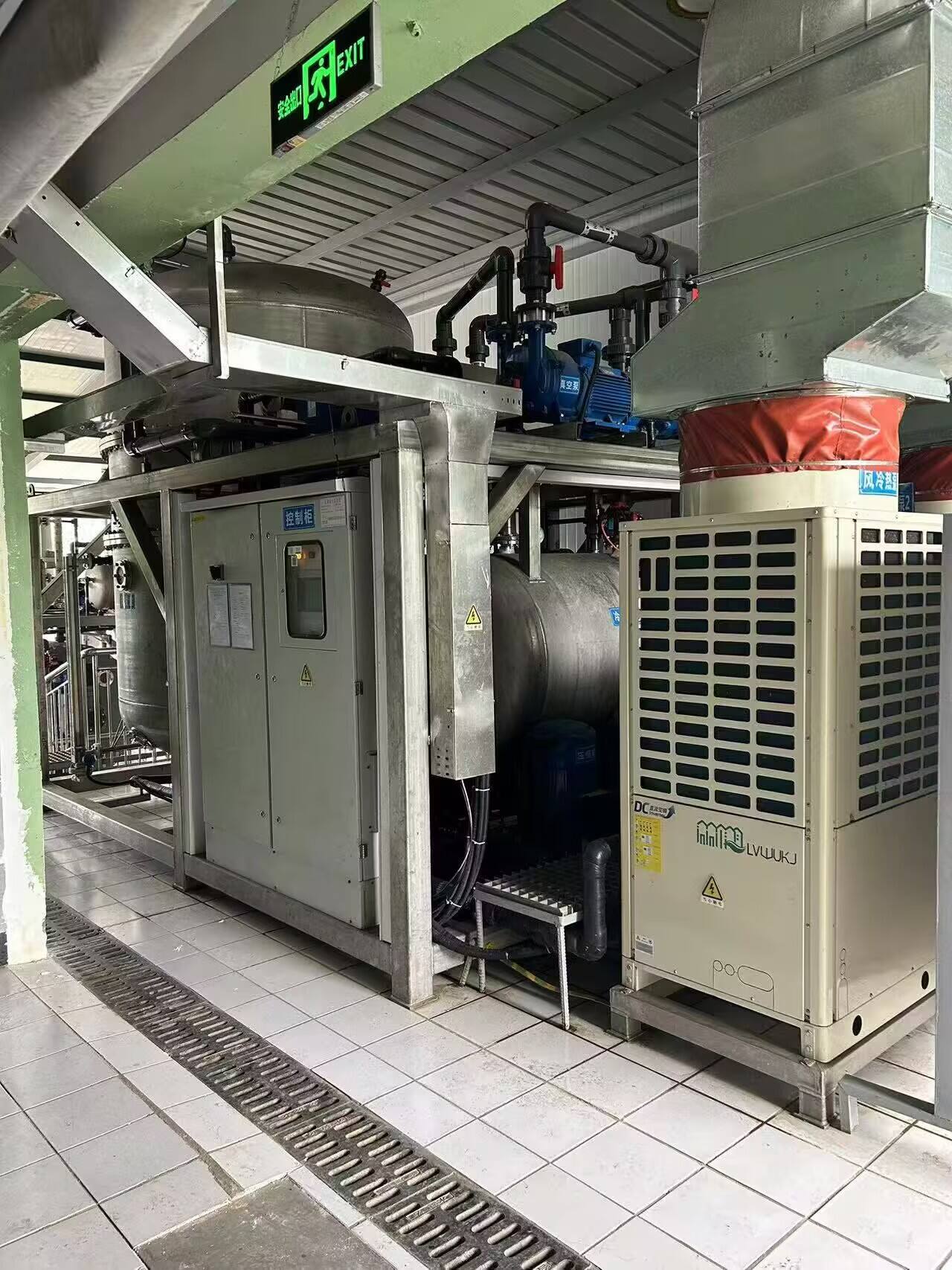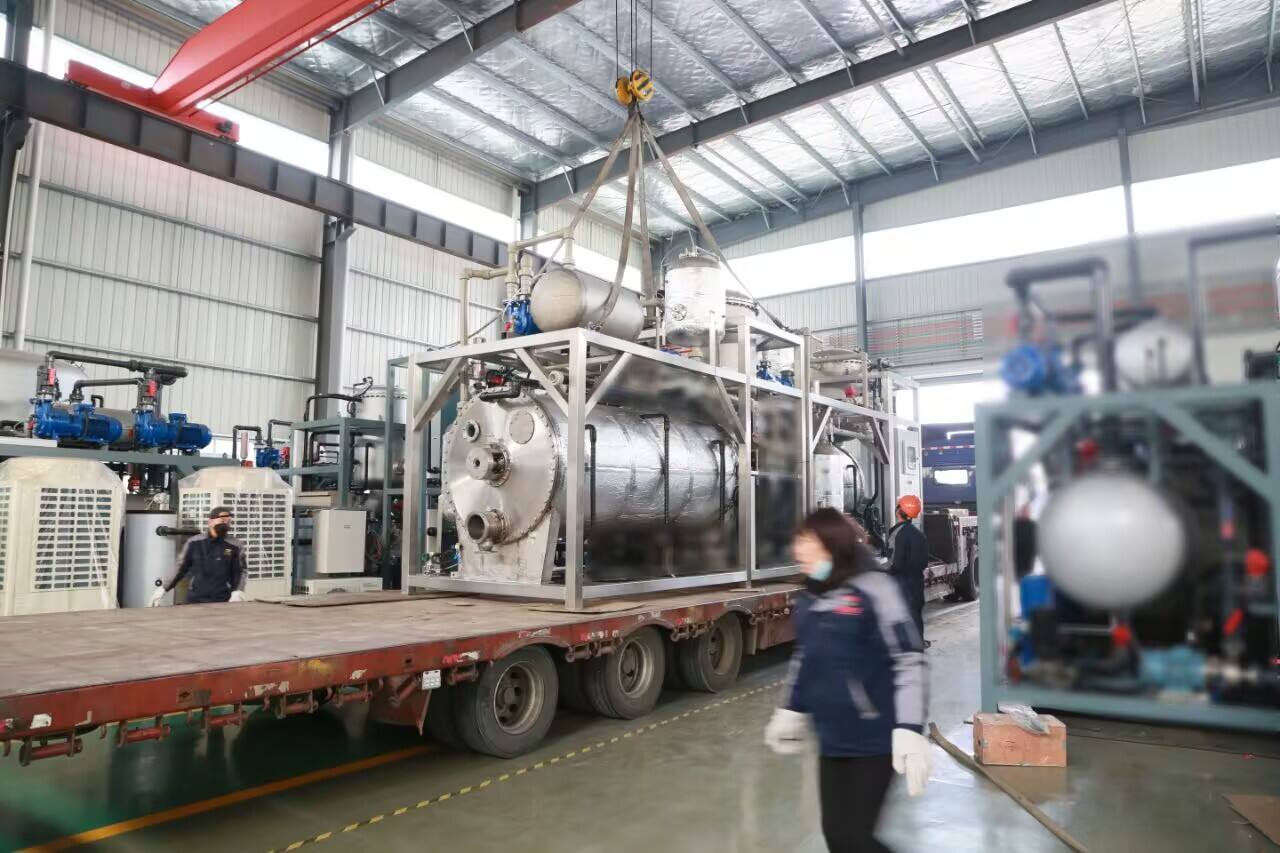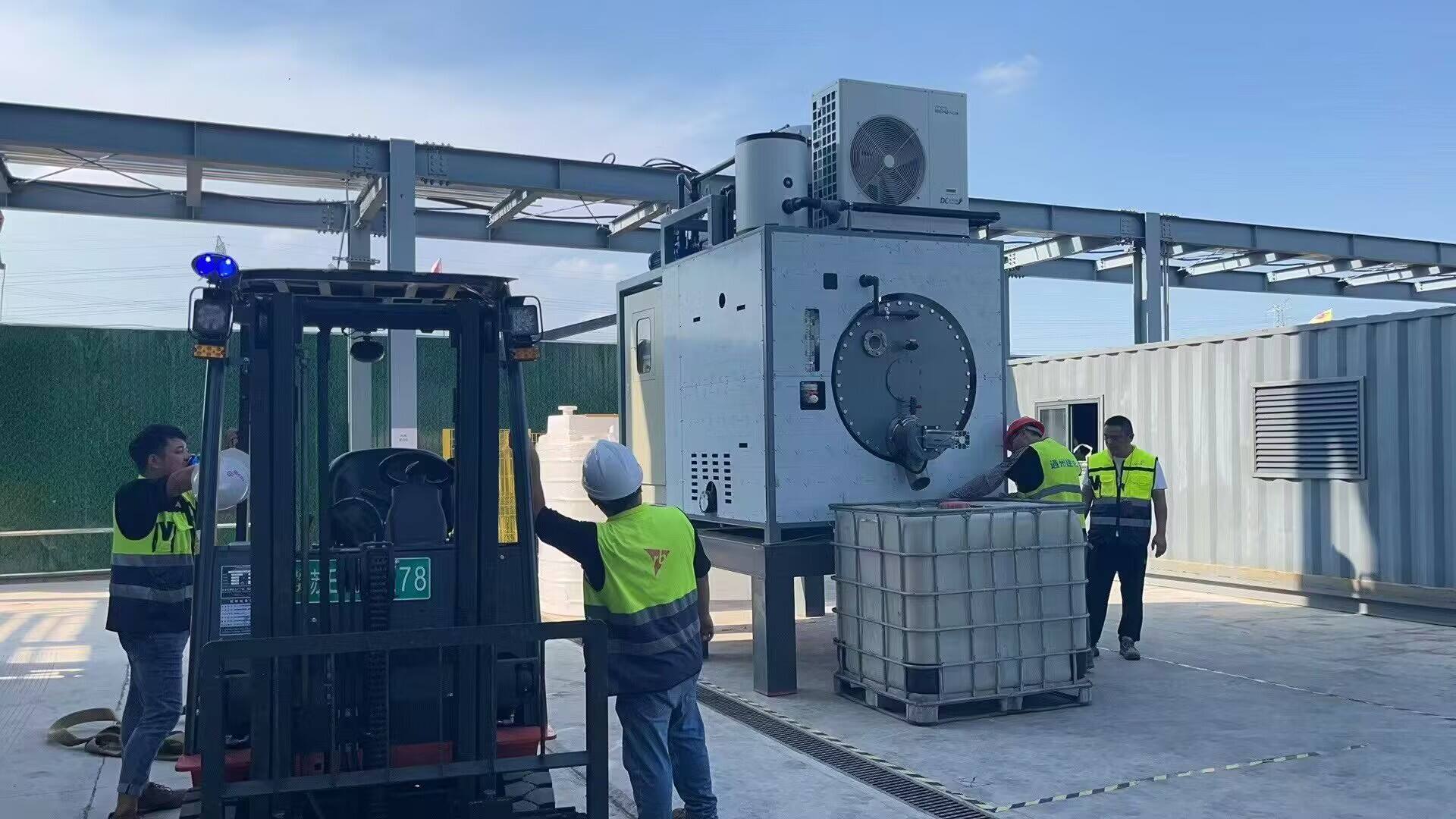industrial scraper crystallization
Industrial scraper crystallization is an advanced separation process that combines cooling crystallization with mechanical scraping to produce high-quality crystals efficiently. This technology employs a heat-exchanging surface equipped with rotating scraper blades that continuously remove crystal deposits, preventing fouling and ensuring optimal heat transfer. The process involves cooling a solution to create supersaturation, leading to crystal formation on the heat exchange surface. The scrapers then remove these crystals, promoting secondary nucleation and maintaining consistent crystal growth. The system is particularly valuable in industries requiring pure crystalline products, such as chemicals, pharmaceuticals, and food processing. The technology offers precise control over crystal size distribution through adjustable scraping speeds and cooling rates. A key feature is its ability to handle high-viscosity solutions and materials prone to scaling, making it suitable for processing challenging substances. The equipment typically consists of a cylindrical vessel with a jacketed wall for cooling medium circulation, rotating shaft-mounted scrapers, and crystal collection systems. Modern installations often incorporate automated controls for temperature, rotation speed, and product removal, ensuring consistent quality and reduced operator intervention.


